
Arc Flash Gloves: Selecting the Right Protection
Choosing the right Arc Flash Gloves is key to ensuring your safety in high-risk environments like electrical maintenance or construction....

Get 20€ off on your first order!
When choosing single-use gloves, understanding the key differences between nitrile gloves and vinyl gloves is essential. Both types offer unique advantages and disadvantages, depending on the task, industry, and required level of protection. In this guide, you’ll find a comprehensive comparison that equips you to make the best decision. For an in-depth buyer’s guide on nitrile gloves, refer to our main article, “How To Choose The Right Nitrile Gloves”.
Nitrile gloves, also known as synthetic gloves or disposable gloves, are made from synthetic rubber known as nitrile butadiene. They’re known for their exceptional durability, chemical resistance, and versatility across industries like healthcare, food handling, and manufacturing.
Vinyl gloves, on the other hand, are made from PVC (polyvinyl chloride). While they’re cost-effective and suitable for low-risk tasks, they lack the strength and flexibility of nitrile gloves, making them less suitable for tasks requiring high dexterity or protection.
To explore a wide range of nitrile gloves, visit our Nitrile Gloves category.

Below is a detailed comparison chart summarizing the main differences:
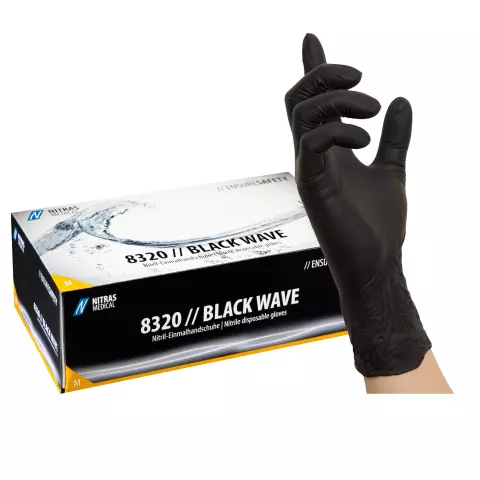
/package

/package

/package

/package

/package

/package
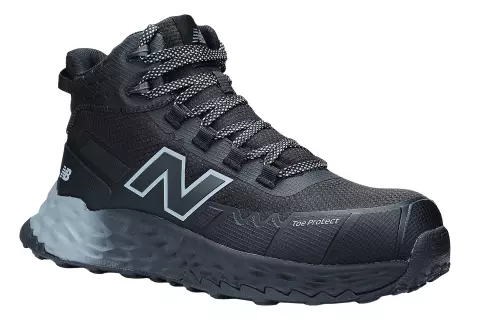
/package

/package
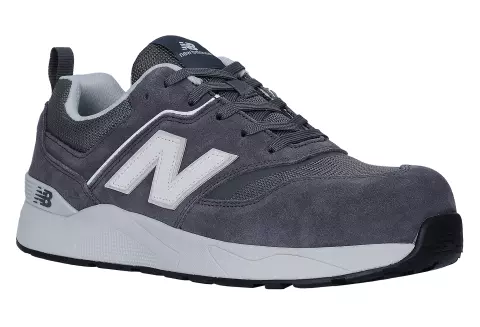
/package

/package
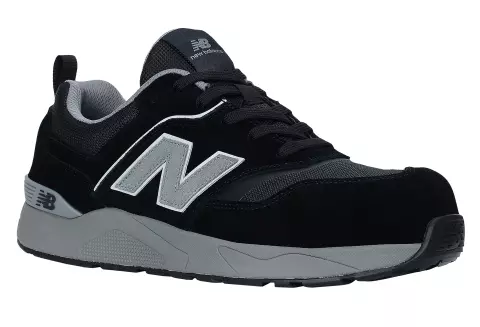
/package

/package
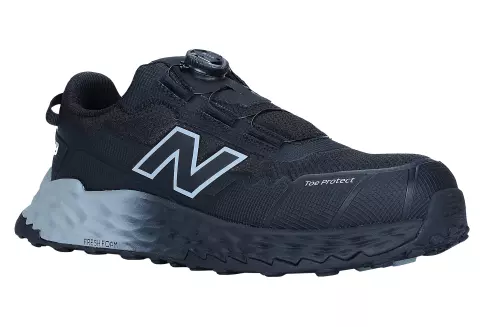
/package

/package
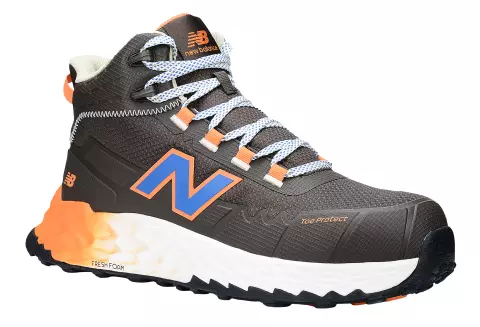
/package

/package

/package

/package
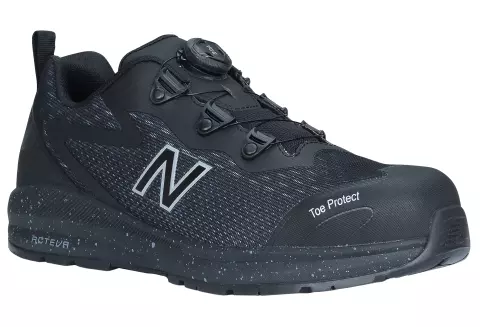
/package
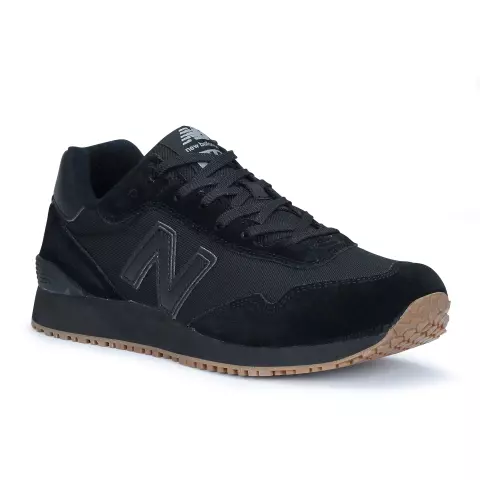
/package

/package

/package
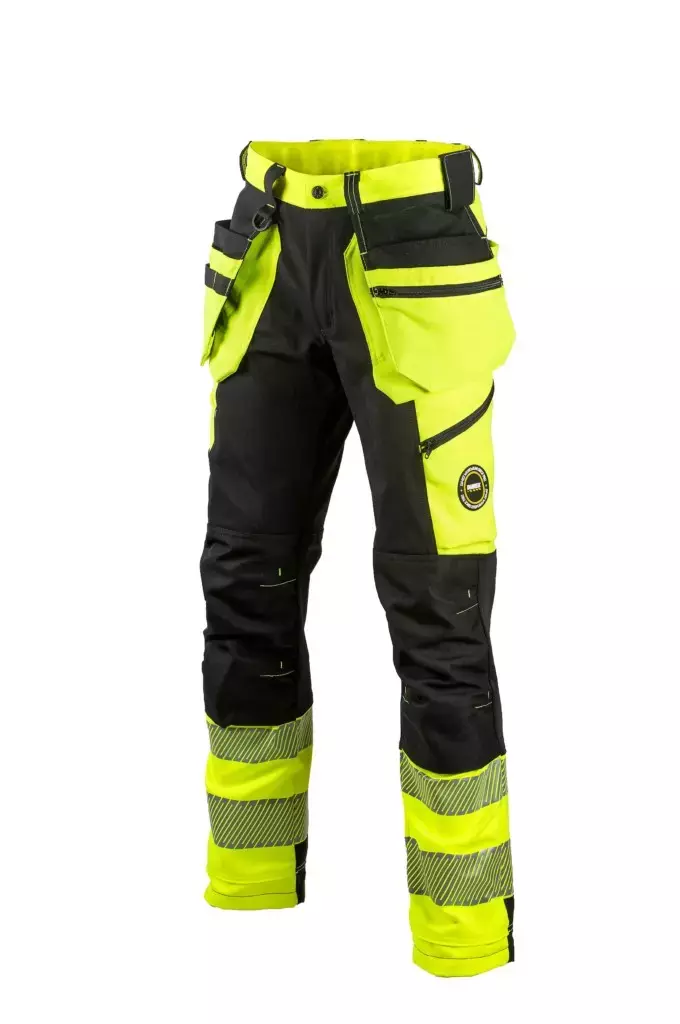
/piece
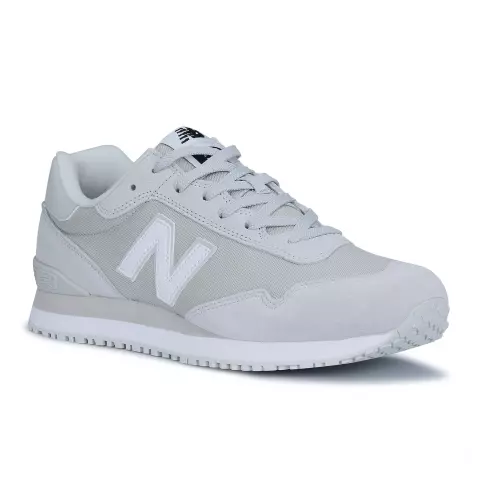
/package
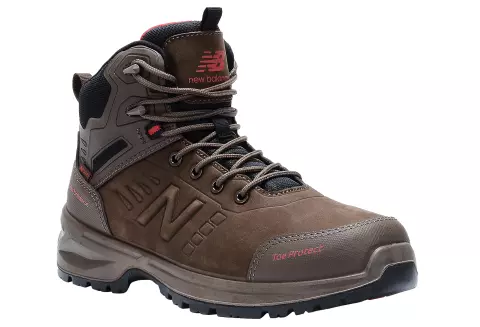
/pair

/pair

/package
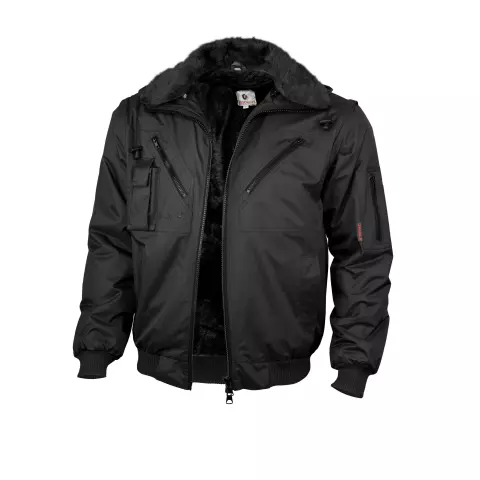
/package
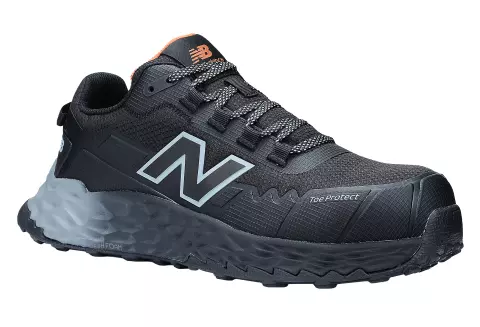
/package

/package

/package

/pair

/package
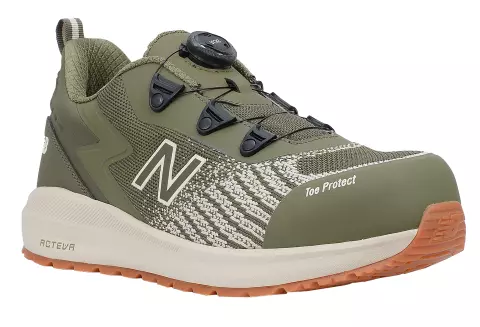
/pair
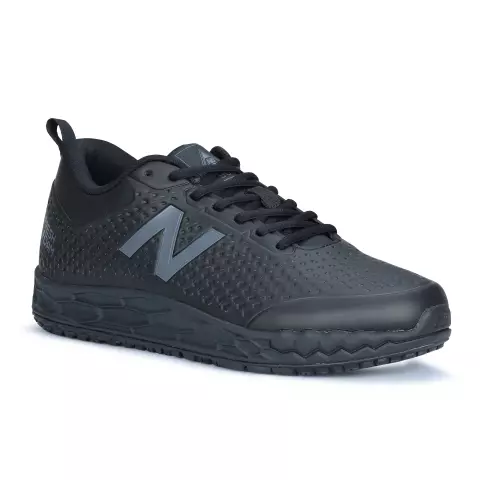
/package

/package

/package
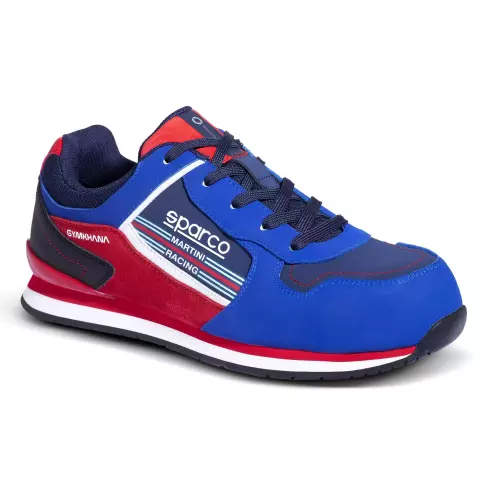
/pair

/pair
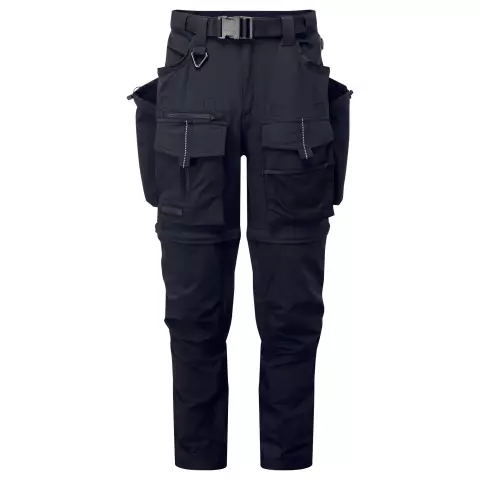
/package
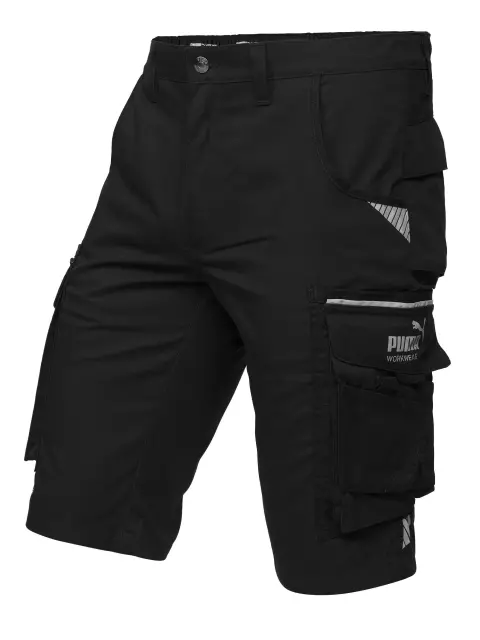
/piece
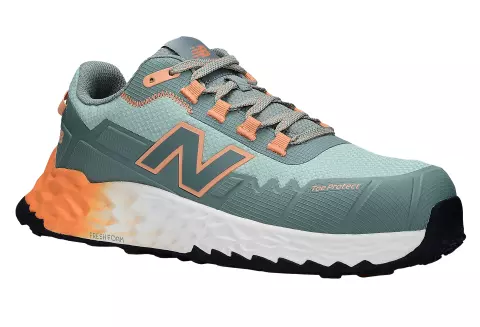
/package

/package
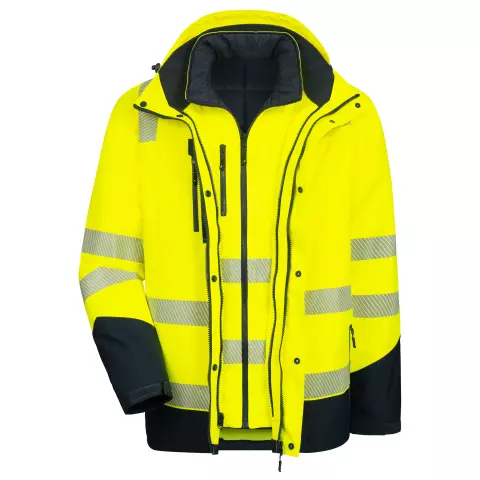
/package
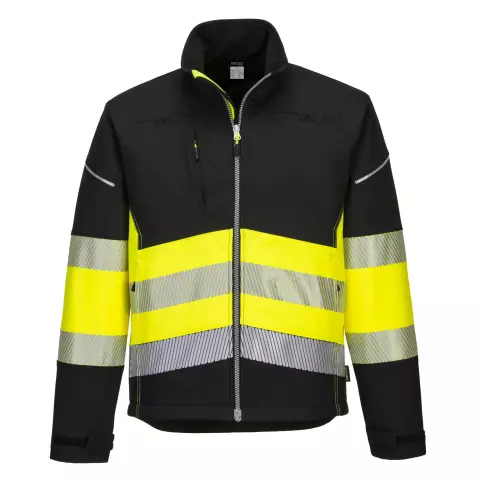
/package
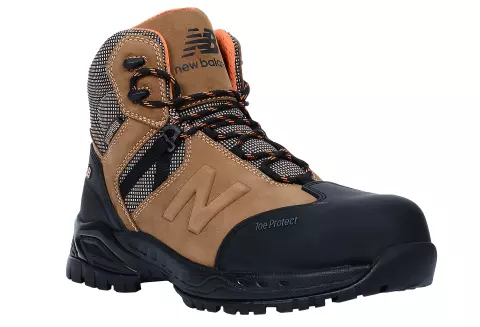
/package
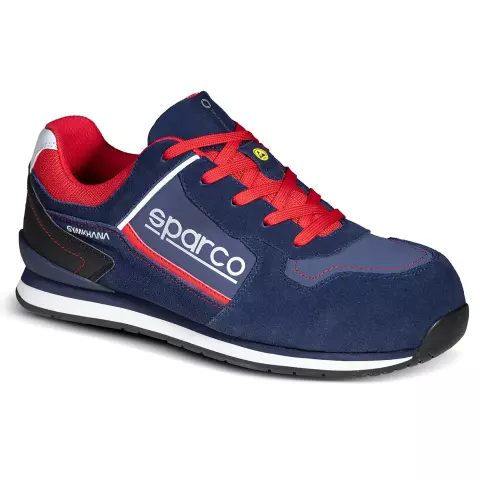
/pair

/package
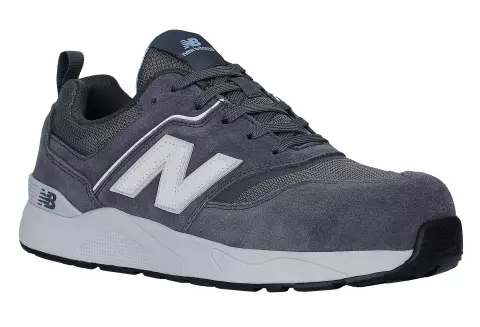
/package
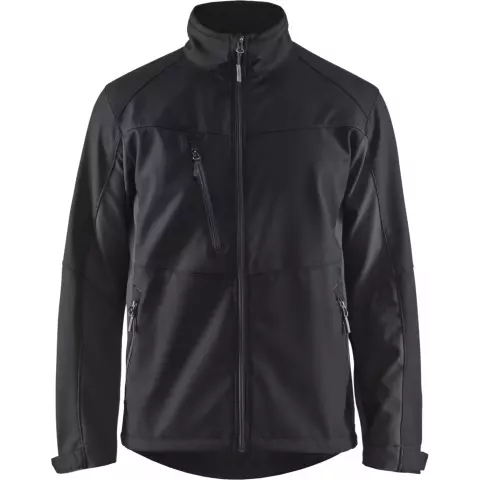
/package

/package

/package

/package
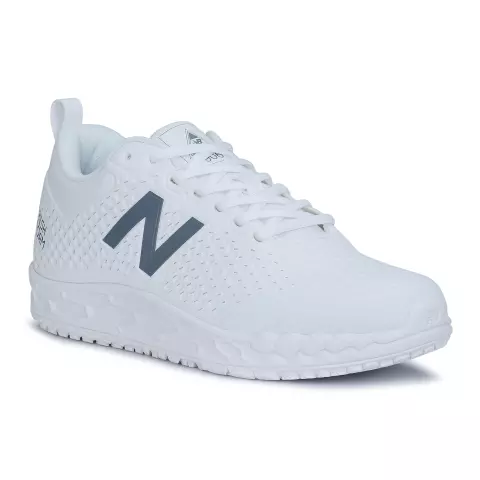
/package

/pair

/package

/pair
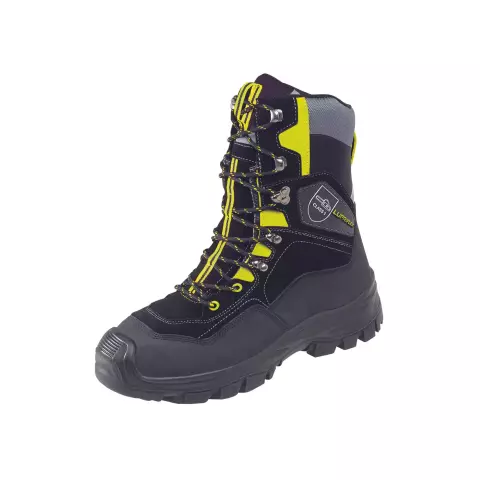
/pair

/pair
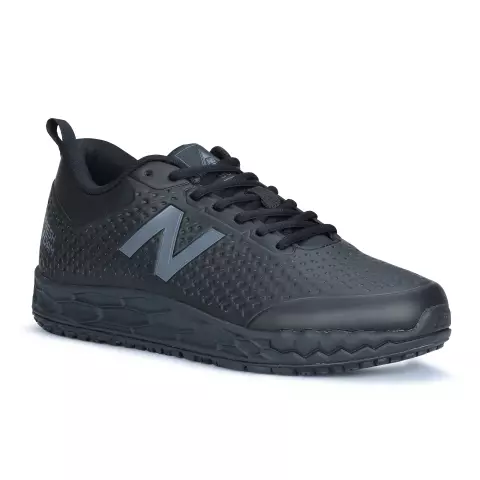
/package
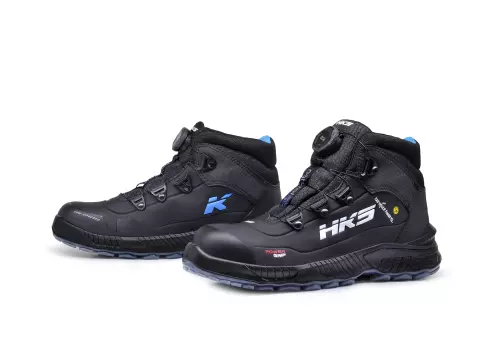
/pair
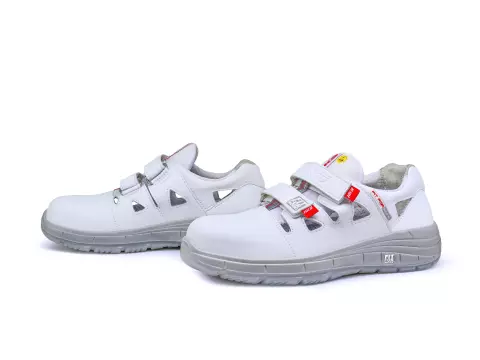
/pair

/package
| Feature | Nitrile Gloves | Vinyl Gloves |
| Material | Synthetic rubber (Nitrile Butadiene) | Polyvinyl Chloride (PVC) |
| Durability | High tensile strength; puncture and tear-resistant | Moderate strength; prone to tearing |
| Chemical Resistance | Excellent resistance to oils, solvents, and hazardous chemicals | Limited chemical resistance |
| Comfort & Fit | Flexible and conforms to the hand for better dexterity | Loose fit; less elastic |
| Applications | Ideal for medical, laboratory, food handling, and industrial use | Suitable for food preparation and light cleaning tasks |
| Cost | Higher cost due to superior quality | More affordable; budget-friendly |
| Allergen-Free | Yes (latex-free) | Yes (latex-free) |
| Environmental Impact | Non-biodegradable; recyclable in specialized facilities | Non-biodegradable; less environmentally friendly |
Nitrile gloves are known for their high durability and puncture resistance, making them suitable for tasks that involve sharp tools, abrasive materials, or unwanted substances. This makes nitrile gloves the preferred choice in medical settings, chemical handling, and industrial environments.
In contrast, vinyl gloves are more prone to tearing and provide only moderate durability. While they are sufficient for light-duty tasks like food preparation or short-term use, they lack the robustness required for high-risk activities.
If durability is your top priority, check our Chemical Resistant Gloves category for additional options.
When it comes to chemical resistance, nitrile gloves excel. They protect against oils, acids, and a wide range of unwanted chemicals, making them ideal for lab work, cleaning, and industrial tasks. Vinyl gloves, however, offer limited protection and are not suitable for handling strong chemicals or abrasive substances.
If your work involves exposure to chemicals, learn more from our article, “How To Choose The Right Chemical Resistant Gloves”.
Nitrile gloves are designed to conform to the shape of your hand, offering a snug fit and excellent tactile sensitivity. This makes them comfortable for extended use and tasks requiring precision.
Vinyl gloves, while more affordable, tend to have a looser fit and less flexibility, which can hinder dexterity during detailed tasks. For applications where comfort and performance are critical, nitrile gloves are the better choice.
Vinyl gloves are more economical, making them suitable for environments where gloves are frequently changed, such as food service. However, the lower price comes with reduced durability and protection. Nitrile gloves, while more expensive, offer superior protection, comfort, and versatility, justifying the investment for many users.
Neither nitrile nor vinyl gloves are biodegradable, but nitrile gloves can be recycled in specialized facilities. Vinyl gloves, due to their PVC content, have a greater negative environmental impact. For eco-conscious industries, nitrile gloves are the better choice when proper recycling practices are followed.
Opt for nitrile gloves if you need:
Explore more options in our Cleanroom & Sterile Gloves category.
Consider vinyl gloves if you need:
Learn more in our related article, “Vinyl Gloves: The Affordable Solution For Industrial Safety”.
The decision between nitrile and vinyl gloves comes down to your specific needs:
If you’re still unsure, explore our comprehensive range of single-use gloves, or check out our sibling articles for tailored advice:
By considering your application, budget, and required protection levels, you can confidently choose the right gloves for your needs.
– The Droppe Team
Both nitrile and vinyl gloves are latex-free and hypoallergenic, making them suitable for individuals with latex allergies. However, nitrile gloves are often preferred for sensitive skin due to their snug fit and comfort during prolonged use, reducing irritation caused by loose or stiff gloves.
Yes, both nitrile and vinyl gloves are safe for food handling. However, nitrile gloves are recommended for tasks requiring high dexterity and durability, such as slicing or handling hot items. Vinyl gloves are sufficient for lighter tasks like serving food or preparing simple dishes.
Nitrile gloves are better suited for use in extreme temperatures due to their superior strength and resistance to heat and cold. Vinyl gloves are not recommended for such applications as they are prone to tearing and may become brittle in cold conditions.
Nitrile gloves are the clear choice for handling oily or greasy substances due to their excellent chemical resistance. Vinyl gloves do not provide adequate protection against oils and are likely to degrade quickly in such environments.
Both nitrile and vinyl gloves are designed for single use and should not be reused. Reusing these gloves can compromise their integrity, leading to reduced protection and increased risk of contamination or exposure.
Nitrile gloves offer better protection against viruses and bacteria due to their higher durability, puncture resistance, and snug fit, which minimizes gaps that could allow pathogens to pass through. Vinyl gloves are less reliable for high-risk situations requiring pathogen protection.
Yes, both nitrile and vinyl gloves are available in powder-free versions. Powder-free gloves are especially recommended for medical, laboratory, and food-handling tasks to avoid contamination and allergic reactions caused by glove powder.
Nitrile gloves are the preferred choice for tattooing and beauty treatments due to their durability, tactile sensitivity, and resistance to chemicals found in dyes and cleaning agents. Vinyl gloves may tear or provide insufficient protection for these tasks.
Neither nitrile nor vinyl gloves are fully environmentally friendly as they are non-biodegradable. However, nitrile gloves are a slightly better option because they can be recycled in specialized facilities, while vinyl gloves, made from PVC, have a greater negative environmental impact.
Nitrile gloves are better suited for prolonged use due to their snug fit, flexibility, and resistance to wear and tear. Vinyl gloves are more likely to become uncomfortable or tear during extended use.
Yes, both nitrile and vinyl gloves have a shelf life, typically ranging from 3 to 5 years when stored in a cool, dry place away from direct sunlight. Nitrile gloves tend to maintain their quality for longer than vinyl gloves under proper storage conditions.
Both nitrile and vinyl gloves are latex-free, significantly reducing the risk of allergic reactions. However, in rare cases, additives or processing agents used in the manufacturing of these gloves may cause skin irritation. If irritation occurs, consider switching to gloves labeled as “hypoallergenic.”
Both nitrile and vinyl gloves are available in a range of sizes, from small to extra-large, ensuring a proper fit for different hand sizes. Nitrile gloves, due to their elasticity, provide a more precise fit compared to vinyl gloves.
Yes, nitrile gloves are available in a variety of colors, such as blue, black, and purple, which can be useful for color-coding tasks in medical, industrial, or food-handling environments. Vinyl gloves are typically available in clear or white options, with fewer color choices.
Nitrile gloves are more suitable for children or individuals with small hands because of their flexibility and snug fit. Vinyl gloves tend to have a looser fit and may not provide the same level of comfort or dexterity.
Thank you! You've signed up for our newsletter.



















Choosing the right Arc Flash Gloves is key to ensuring your safety in high-risk environments like electrical maintenance or construction....

Choosing the right Rubber Insulating Gloves is essential for safety in electrical work, but with so many options, it can...

Are you looking for the right electrical insulating gloves to ensure your safety? This guide will help you understand the...

Choosing the right Arc Flash Gloves is key to ensuring your safety in high-risk environments like electrical maintenance or construction....

Choosing the right Rubber Insulating Gloves is essential for safety in electrical work, but with so many options, it can...

Are you looking for the right electrical insulating gloves to ensure your safety? This guide will help you understand the...
Get 10€ off on your first order!
Save 30% by buying directly from brands, and get an extra 10€ off orders over €100
Save 30% by buying directly form brands, and get an extra 10€ off orders over €100